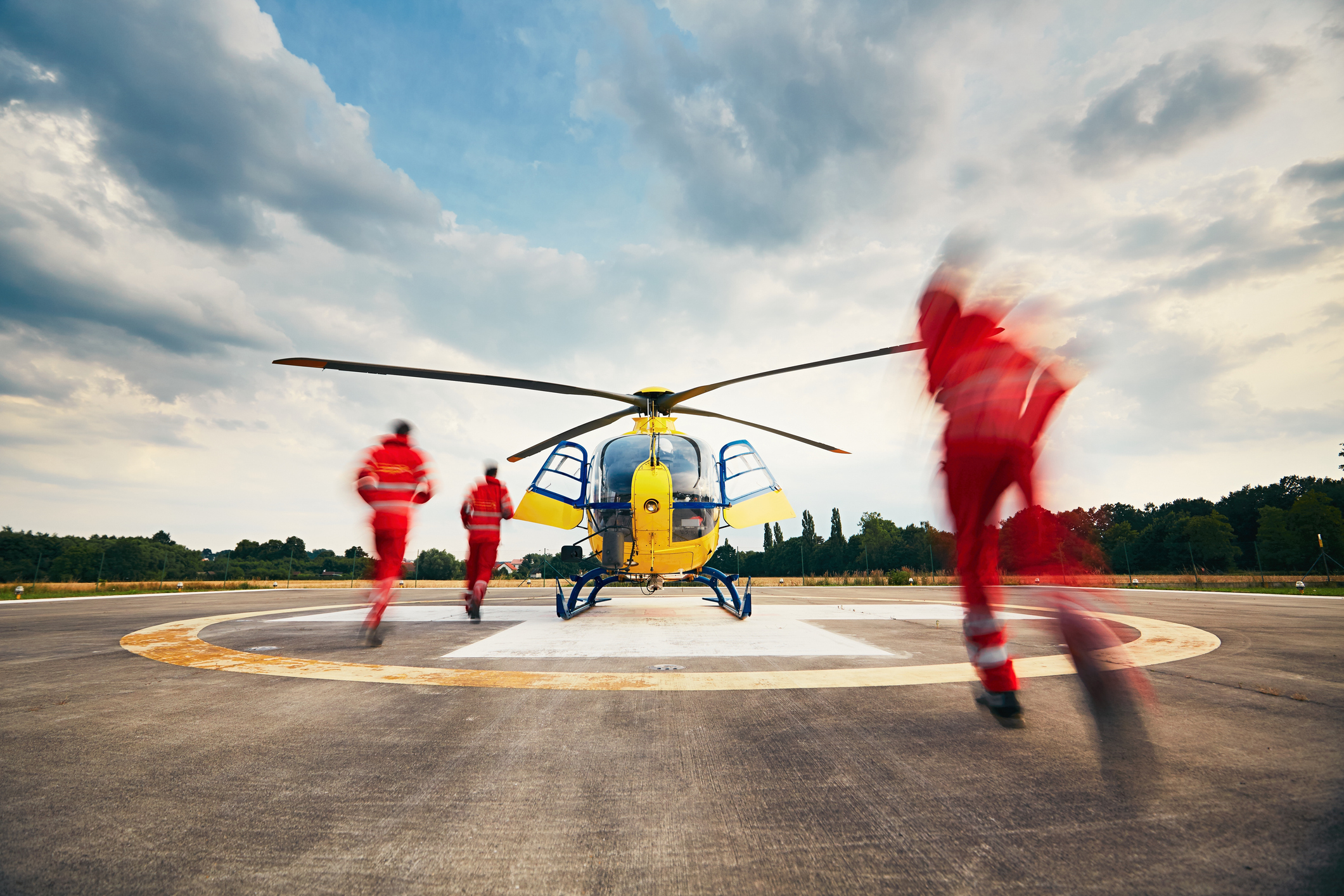
During the COVID-19 pandemic, we know that resources are being strained across the country, healthcare delivery systems are collapsing, and frontline healthcare workers are being put under more stress than ever before.
We know it's time to step up and help where we can. On the logistics side, we’re offering healthcare systems our free COVID-19 Command Center module, along with waiving any fees associated with COVID-19 testing. On the human side, protecting the wellbeing and mental health of our nurses, physicians, paramedics, drivers, MRI technicians, radiologists, and every frontline worker in healthcare is more important than ever before. We’ve teamed up with Dr. Shauna Shapiro, a leading researcher in the world of mindfulness and its effects in healthcare, to provide mini mindfulness practices that all our users can utilize and have free access to.

Dr. Shapiro’s research into mindfulness and its effects on healthcare workers started in 1998, with a study on how mindfulness can reduce burnout in medical students while increasing empathy and compassion. She’s worked with doctors, patients, nurses, and a growing collection of other healthcare workers over the decades. Throughout her many studies, the evidence is clear: simply put, mindfulness works.
“Mindfulness not only reduces stress and burnout, but it makes you more effective at caring for others”
Mindfulness can be particularly effective for multiple reasons, as Dr. Shapiro explains:
- Mindfulness calms our nervous system and snaps us out of a fight-or-flight response. This allows us to see the “big picture” and problem solve with a clear mind. For healthcare workers on the front lines who need to be able to make important decisions extremely quickly, this skill is crucial.
- Mindfulness BETTER POSITIONS US TO INNOVATE AND CREATE. We are more adaptable and can design creative solutions to complex problems.
- Mindfulness supports and takes care of its practitioners. It allows us to develop compassion for ourselves, which in turn gives us the ability to take better care of others.
Shapiro refers to the practice of meditation as a “protective suit” for healthcare workers, providing them with the internal resources necessary to meet and overcome each individual moment in an unprecedented time.
We know that time is short for healthcare workers on the front lines. It can be difficult to find time to eat and sleep, let alone set aside 10 minutes for a meditation practice. If all you can afford is just a couple minutes, or seconds, to practice mindfulness, that is enough. Accessible ON OUR KNOWLEDGE BASE, we have a collection of 2-minute mini meditations, designed to help you practice mindfulness in a short space of time.
In moments overcome by overwhelm and emotion, Dr. Shapiro recommends these three, small practices to ground yourself:
- Remember that our emotions are here for a reason. They often serve as as a smoke alarm, letting us know about an impending fire. When we ignore or repress our emotions, it can lead to bigger problems. Pay attention to your emotions, and treat them with the same compassion as you would bring to a young child in pain.
- Remember that emotions have a limited time span, typically lasting for only 30 to 90 seconds. Emotions arise, do their dance, and pass away, just like waves in the ocean.
- Bring your kind, curious attention to whatever you are feeling. Notice emotions as they arise in your body. Use the physical sensations to help you identify and name what you are feeling. For example, do you notice that your jaw has clenched, your throat feels tight, your breathing has become more shallow? Bring your kind attention to your emotions, treating them with the same compassion you would bring to a young child in pain.
“When we’re suffering, instead of being kind to ourselves we pile ourselves with judgment and shame and frustration. That further amplifies it. One of the most productive things we can do when we’re having a difficult experience is to pause and acknowledge the experience. Then bring compassion to ourselves just like somebody else who is hurting”
Above all, we know that mindfulness is a practice. Even if only for a couple of minutes a day, practicing mindful moments begin to cultivate resources that healthcare professionals can use throughout their entire day. Rather than just a two-minute meditation, practitioners are learning a skill that can shape and positively impact every moment of their lives.
From studies into the neuroplasticity of the brain, we know that WHAT WE PRACTICE GROWS STRONGER. Now more than ever, it’s important to be intentional about the cognitions and behaviors we practice. By practicing stress, negative thoughts, and anxiety we allow our minds to spiral into pathways of fear and overwhelm. We can choose, instead, to practice kindness, clarity, wisdom.
Dr. Shapiro emphasizes the very tangible effects of mindfulness: "these practices are science-based, they reduce stress, and they make you more effective”. And that’s some of the most important things that our first responders need right now. When things are overwhelming, we invite you to pause, feel your breath, and practice compassion toward yourself. It will start to have an impact.
VIEW OUR MINDFULNESS RESOURCES
For individuals without a VectorCare account, you can access her mindfulness resources below:
Want to read more from the Patient Care Logistics Journal? Check out our recent podcast interview with Dr. Jack Lewin, Chairman of the National Coalition of Healthcare.
Similar resources

Ambulance Providers as Patient Logistics Centers: Reimagining Community Healthcare Coordination


